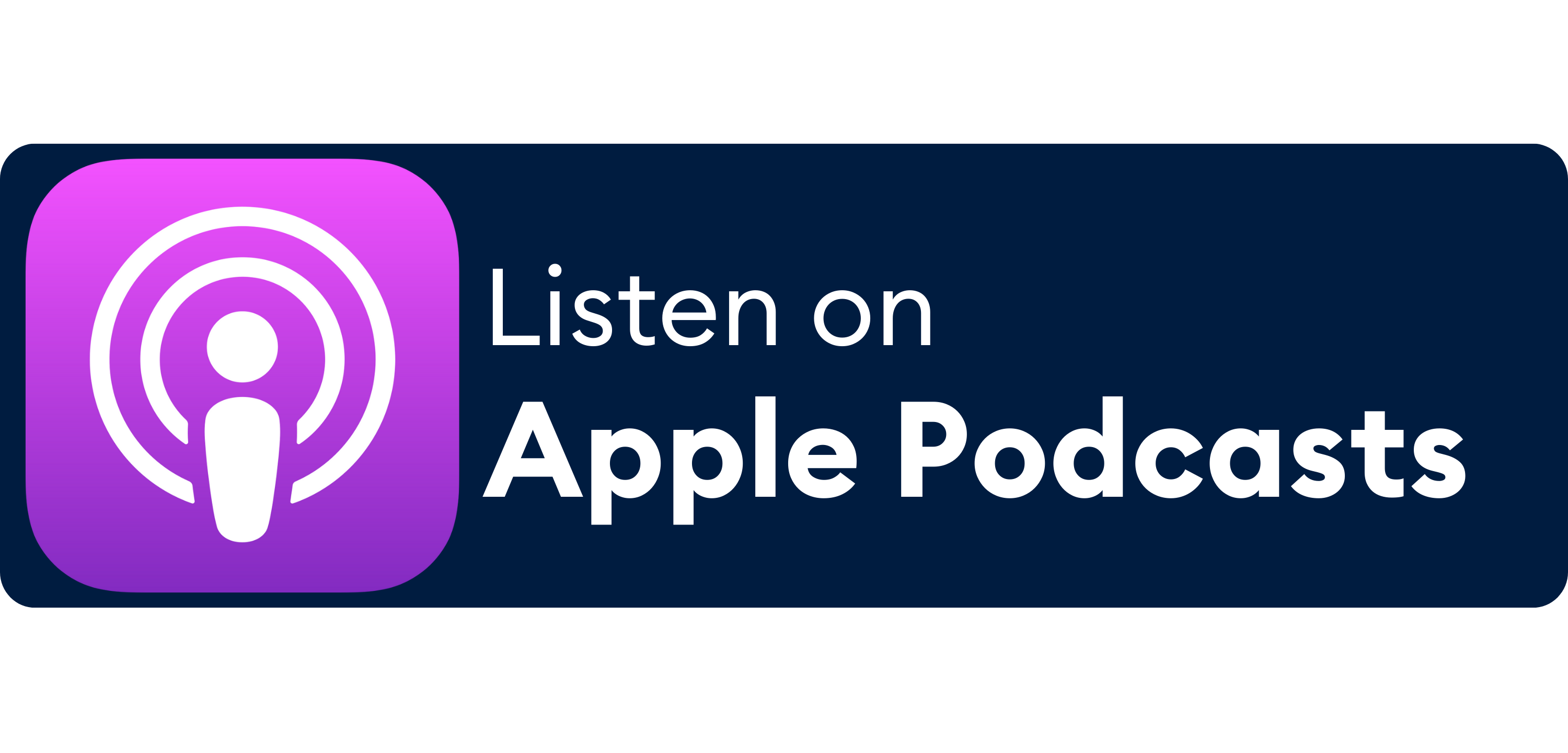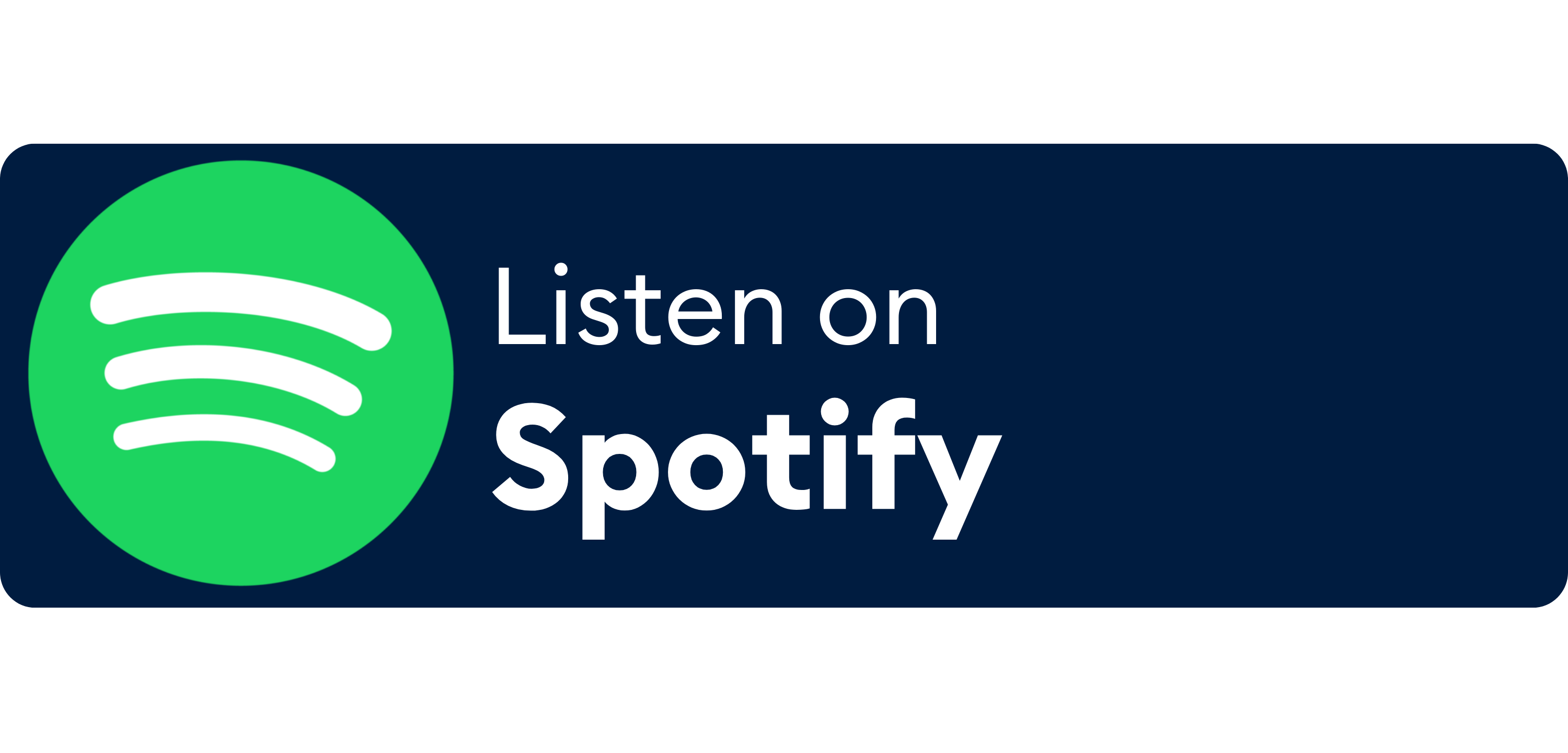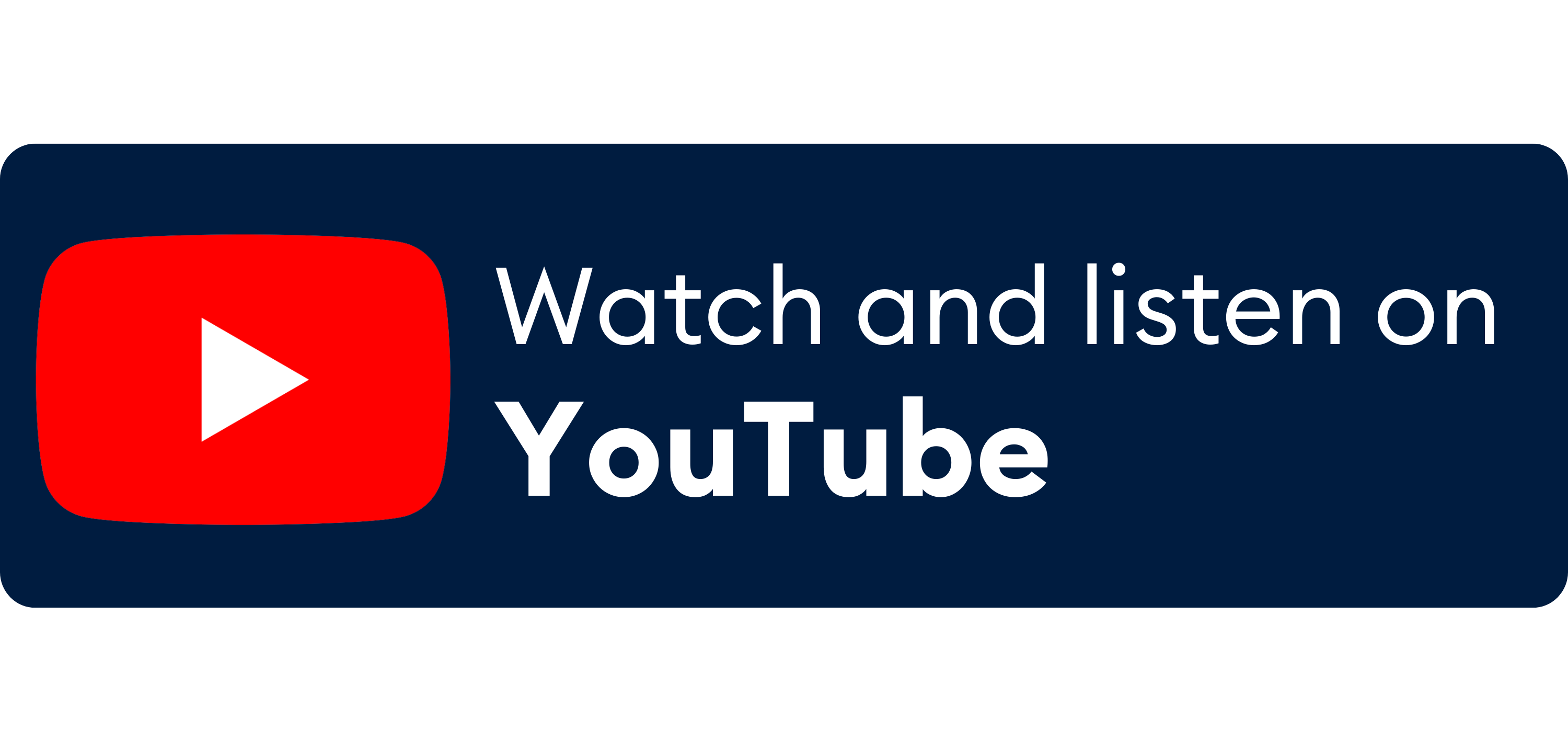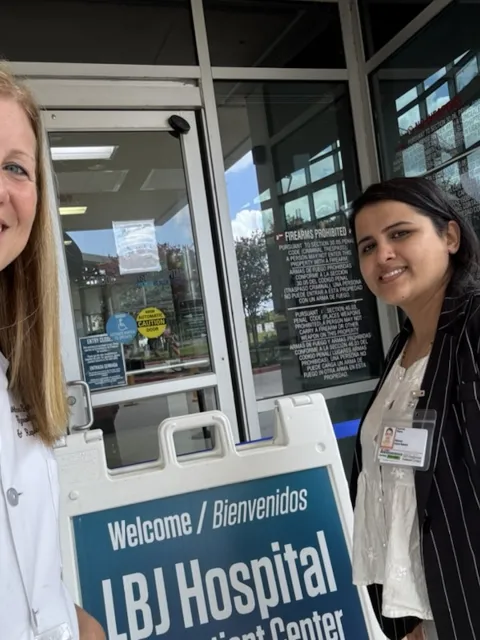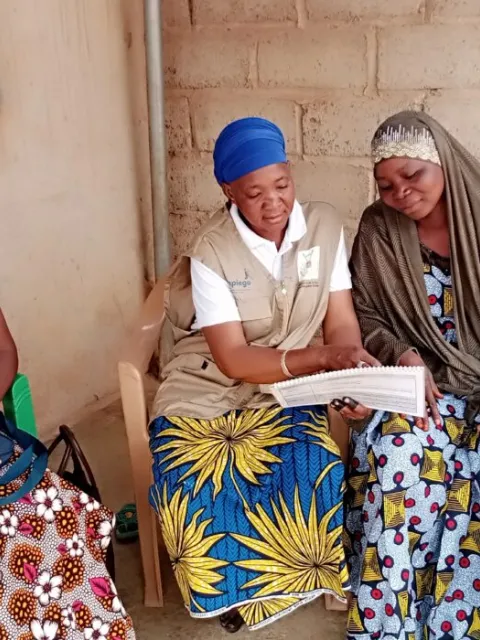
In this episode of Let's Talk Cancer, US Olympic gymnast Shannon Miller shares her experience with ovarian cancer as a patient and advocate, as UICC sheds a particular light on women's cancers this month in the context of International Women's Day on 8 March.
Ovarian cancer is not as common as breast and cervical cancer but there are still over 300,000 women diagnosed with the disease every year. It is, however, hard to detect due to its vague symptoms. This means it is usually discovered later when it is more difficult to treat.
US Olympian gymnast Shannon Miller was diagnosed with a rare form of ovarian cancer in 2011. She had the baseball sized tumor removed successfully and followed up with an aggressive chemotherapy regimen.
A graduate of the University of Houston, where she studied marketing and entrepreneurship, as well as of Boston College, Shannon launched her own company in 2010, which seeks to empower women to make their health a priority through education and awareness. She is currently cancer-free and a strong advocate for the early detection of cancer and in this edition of Let's Talk Cancer she shares her experience of her diagnosis, treatment and cancer journey with Cary Adams, CEO of UICC.
"Health is the foundation for everything we do in life. But I have seen women in my life put their health on the back burner while they take care of everyone around them."
– Shannon Miller, US Olympic gymnast, entrepreneur and cancer advocate
See podcast transcript below
Listen on: Spotify | Stitcher | Apple Podcasts | Amazon Music | Audible | Deezer
Get notified of new podcasts by email
Podcast transcript
Cary Adams: Welcome to Let's Talk Cancer. My name is Cary Adams and I'm the CEO of the Union for International Cancer Control. We're delighted to have Shannon Miller join us today, a cancer survivor and US Olympian gymnast extraordinaire. But Shannon's accomplishments go beyond the field of sport. After retiring from Olympic competition, Shannon studied marketing and entrepreneurship. And in 2010, she launched her own company, which seeks to empower women to make their health a priority through education and awareness. In 2011, Shannon was diagnosed with a rare form of ovarian cancer. Now, ovarian cancer is not as common as breast and cervical cancer, but there are still over 300,000 women diagnosed each year with the disease. It is, however, hard to detect due to its confusing symptoms, and this means it is usually discovered later when it's more difficult to treat. Now Shannon has remained open and public about her diagnosis and treatments. She's currently cancer free and continues to be a strong advocate for early detection. Shannon, welcome to this podcast.
Shannon Miller: Thank you for having me on.
Cary Adams: Shannon, you went from a Olympian to going through a very difficult cancer diagnosis just years later. What were the earliest symptoms and how did you get diagnosed? Please tell us your story.
Shannon Miller: I was diagnosed in early of 2011, but my cancer journey, I always think it starts really in 2010 and 2010 was actually a pretty good year for me. I had launched my company that summer devoted to women's health and fitness. I was actually hosting a radio show dedicated to health, and I was interviewing physicians and nurses and health experts every weekend. And as we moved into the fall, we talked a lot about cancer awareness and the importance of early detection and getting to those exams and screenings and all of those good things. And it was toward the end of the year with all this busyness going around with my work and then the holidays coming up, I was starting to feel overwhelmed. I looked at my calendar one day and I was going to be out of town on the date of my next doctor's appointment. So I thought, Well, it's crazy to try to squeeze one more thing in. I've got to move this date anyway, so I might as well postpone it. Just cancel it for now. Postpone it till the next year. And when? When you get to the new year, things will be slower. I think we all tell ourselves that. Well, I called up my doctor's office and I was immediately put on hold.
Shannon Miller: And during that time, I just felt this incredible guilt because here I was an advocate for women's health and I was not walking the walk. And so when the receptionist finally came back on the line, I explained to her the conflict of scheduling but I don't want to wait too long. Is there a cancellation list or something I can get on so that I don't have to delay it? And she said, actually, that was a cancellation on the other line. Can you come over now this morning? And of course, I kind of rolled my eyes thinking there's no way I have time to do this today. But I did. I thought, I'll just get it out of the way, get it done. And I went over there that that morning and it was that morning in the span of maybe a 15 minute visit with my doctor, I got the shock of my life. I had a baseball sized cyst on my left ovary and that sent me into a whirlwind of tests and scans and what they call the wait-and-observe period, which is excruciating. And then came January of 2011, I was waking up from surgery to find out that, yes, it was a rare form of ovarian cancer.
Cary Adams: My word I mean, I guess in some respects you were lucky that you felt guilty at that point because of the nature of your work and the way you've been promoting women's health. But is there anything you'd have done differently if you went back in time? Do you think it could have been identified earlier, or were you just lucky?
Shannon Miller: I think that I was very fortunate, absolutely. I would never want to leave my health up to luck again. And I really think that's what I was doing. I wasn't paying attention to my body. And I think what what frightens me the most. I was an advocate for women's health, someone working in the health and wellness and fitness field, doing cancer awareness events for other types of cancer. And yet I did not know the signs and symptoms for ovarian cancer. And 12 years ago I think it was still thought of as a "older person's" disease. It's not something you thought about in your late twenties, early thirties. You thought about all of these other cancers, but that's not one of them. And so looking back, I know that I had three of the four primary symptoms for ovarian cancer and I was able to write them off as just women's issues or stress or any number of things you could write off. And especially when the signs and the symptoms are so benign and kind of matter-of-fact, bloating and stomach aches and weight loss – those were things that my body was going through, all these changes after having a baby. Anyway. So I look back and I think what I would do differently and what I hope that I am doing differently these days is listening to my body and not being afraid to speak up when something doesn't feel right.
Cary Adams: Well, there's data out there suggests that two thirds of women don't know or wouldn't recognise the symptoms of ovarian cancer because they are so similar to the normal aches and pains and stresses that they encounter on a day-to-day basis. So I think you're right. I mean, everyone has to listen to their body, whether male or female. As an athlete, I mean, not just an athlete, but a superstar athlete. Do you think your experience in that field helped you address the challenge that you were facing?
Shannon Miller: I think that the lessons that I learned through sport, not not the gold medals, not the successes, but the hard earned lessons that you get through sport, the goal-setting skills, the idea of teamwork and how that matters in every aspect of sport and life. Positive mental attitude. I think all of those things helped me in this cancer journey that first maybe 4 to 6 weeks of that wait-and-observe period. I did not utilise those lessons. I completely forgot about them and I was just in this state of shock. And I mean, I was very much just a shell of a human being. I didn't want to move because I didn't want it to twist or rupture. So there was no yoga, there was no walking or running. It was very difficult. And then I think after the diagnosis, after learning that it was a higher grade malignancy and that I would need to go through a pretty aggressive chemotherapy regimen, even though they did catch it early – I think at that point I kind of reverted back to that competitive mindset that I knew so well through sport, and I started utilising a lot of those skills that I had learned. And I think that really helped me to kind of create that forward motion and prepare for chemotherapy and prepare for setting that goal of just get through chemo.
Cary Adams: Shannon You mentioned earlier you had a young family. How did your family cope with the news?
Shannon Miller: So my son had just turned a year old when they found the cyst initially. And I think at that point for me, we had actually been thinking about trying to broaden our family. We were thinking about more children. And all of that stopped any discussion of a future stopped and my world stopped. And at that point it was. It Kind of having that lingering question in the back of my mind, is my son going to have a mother? And that was, I think, the hardest part for me.
Cary Adams: We're very brave talking about ourselves. But when we talk about how others receive that news, it's really an emotional discussion, isn't it? I can imagine it was very bad, very difficult for you.
Shannon Miller: It was very difficult. And I think what I've been very public about my journey, but what a lot of people don't know at the time is what my husband was going through. My husband was having to not only be the caregiver for me, but his father. My father in law was diagnosed with stage four colon cancer about the same time we had back to back surgery dates. He went in the day before I went in for my surgery. We often talk about the person going through the patient, but the caregivers are incredible in what they go through. And one of the things I talk about these days is also making sure that the caregivers take care of themselves along the way because it's a really tough role for them as well.
Cary Adams: Your first interactions with the doctors, how comfortable did you feel going through that process? Because many, many people don't even want to go and see their doctor if they've got a hint of a problem because they're scared. And for whatever reason, you know, they they they don't want to go to see a doctor to talk about the problems they're having. But how did you find that? How did they treat you?
Shannon Miller: I think we all have certain hangups about going to the doctor. Maybe it's time and effort. Maybe we're fearful. Maybe we do feel like there's something wrong and we don't really want to know the answer. My view of going to the doctor has changed significantly. It's still not fun, but I've become a lot more comfortable with talking with my physician. It's never easy, but it's so important. And I think for me, just that being brought back to how lucky I was, I don't want to leave it up to luck again. And I always tell people, you know, if you're going to a doctor and you don't feel very comfortable talking with them, it's okay to try someone else. Do not let one experience keep you from focusing on your health. You know, not all personalities click right away. So it's okay to get a second opinion or to try someone new. But but get to that doctor, get those tests done. Make sure that you're staying up with your health, because health is everything. It's the foundation for everything we want to do and be in life.
Cary Adams: It's one of those barriers, isn't it? Another one is how people will view you if if you have cancer and the stigmatism associated in many parts of the world. How did the general public react to your news? I presume you made it generally known that you'd had a cancer diagnosis.
Shannon Miller: I think for me, I very consciously made the decision to be very public about my diagnosis. One, because I am in the health and wellness field. Certainly people were going to notice when I lost all of my hair and it didn't look super healthy. But I also felt like as someone with this incredible platform from the Olympics, from my gymnastics career, what an opportunity to create awareness about this disease and in so many cancers about creating that awareness, raising funds for research, also talking about survivorship and what happens after treatment ends. So I felt really strongly about being public. But I will tell you, there was such an outpouring of support that really helped me. And social media wasn't what it is today. And and so I was getting actual letters from people. And I will never forget a letter I got from a mother in Texas. And she wrote that she watched me in the Olympics and she she was cheering for me. And she loved gymnastics. And she has three kids and she gets them to every doctor's appointment. But she couldn't remember the last time she went to her own. And the end of her letter has stuck with me all this time. It said, If this can happen to you, it can happen to me. I'm going to make my doctor's appointment now. And for me, that was it. That's all I needed to hear. Because if I can help one woman just get to the doctor and I'm sure she's I'm sure she's healthy and fine, but but just helping one person, men and women, we all just have to take control of our own health. And part of that is just walking into that doctor's office and getting a baseline for where you are at in your health.
Cary Adams: Well, that's great. Let's hope many others, when they hear this story, will also make that call and go to the doctors if they have some concerns. What about your general outlook on life? I mean, how has it changed your your point of view?
Shannon Miller: You're right. I think as a survivor, I'm still going in for my check-ups and you still get the blood tests and the different things throughout the year. And those are tough days for me mentally and psychologically, because there's always that lingering thought in the back of your mind, you know, did it come back? And so I really try not to focus on that for the most part and just try to live each day to the fullest. And I think if there's any any blessing in in this journey, it's really that it it really focused me and forced me to maintain my priorities. I mean, I feel like I had pretty good priorities before cancer, but even more so now, appreciating each moment and each day, even when things don't go as planned. And maybe you don't have the best day ever. Still appreciating that I got to have that day and I got to have that day with my kids. And that to me is everything. And so just kind of remembering to have that really positive outlook, no matter what's going on, because the outcome could have been so different.
Cary Adams: Regarding your advocacy work that you do promoting women's health, did you did you change your result of the cancer diagnosis to talk more about cancer than you maybe were beforehand? And and if so, what is it you say to women around the US and more broadly around the world?
Shannon Miller: I think I'm a lot more focused on cancer than I thought I would be at the beginning. At the beginning I really was focused on general nutrition, a lot of fitness, general health, making sure women made time. And that's not to leave the men out. I just don't know as much about you. But for me, it was just watching women in my life leave their health, put that on the back burner and take care of everyone else around them, their jobs, their family, extended family. And so I saw that kind of need and maybe where I could use my voice to help. It has grown into a lot more cancer. I still do things with diabetes and heart disease as well, which are incredibly important. But cancer is where my passion and where my heart is not only as a survivor but as a caregiver to my mother, who's now a twice survivor, just finishing up her last surgery this summer.
Cary Adams: When you are talking to to women who have received a diagnosis of cancer, what's your key messages.
Shannon Miller: For me, my message for others who are going through a cancer diagnosis or were just diagnosed to just keep fighting, find one thing each day that helps you take that next forward step. And that doesn't mean that we can't have that pity party and cry and yell and have those moments of doubt and true raw feelings. We have to have that. But then we've got to take a deep breath and we've got to find that next forward step.
Cary Adams: I'm so pleased you gave us your time and to hear your story and the way in which you've addressed it and the way you've turned that into an ambition to share your thoughts and views of many others around the world, particularly on the cancer, which is often diagnosed late, and therefore it is more difficult to treat. We really need more people like you doing that. So thank you very much, Shannon.
Shannon Miller: Thank you so much. Thank you for your time and for all that you all do.
Cary Adams: If you enjoyed this podcast, please leave a review and follow us and listen to other podcasts on Spotify, Apple Podcasts, or whether ever app you happen to use.
Last update
Friday 08 September 2023